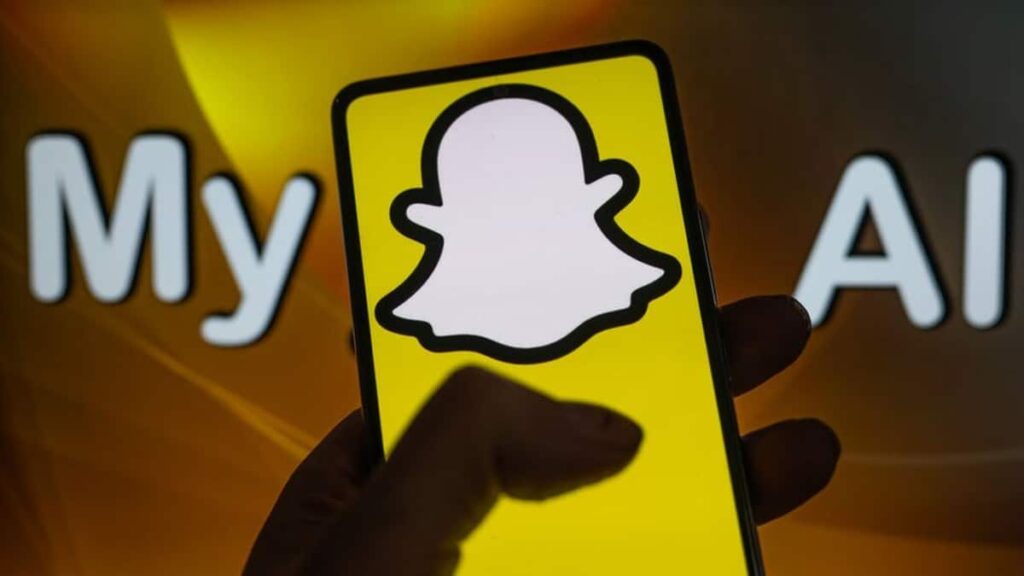As artificial intelligence (AI) grows in popularity, social media platform Snapchat has decided to take steps to detect AI-generated content.
Get watermarks on Snapchat AI content
Revolutionary advances in AI tools have made it even more difficult to tell what is real and what is fake, so the decision was made to mark content created by AI. Snapchat plans to introduce watermarks to all AI-generated content. According to EnGadget, this watermark will become a glowing ghost next to it. You can see when users save or export images and content to their camera roll.
As is often the case with watermarks, there doesn't seem to be a way to control where the icon appears. Therefore, the Snapchat team is still working on the service, which will be officially released soon.
Notably, the social media platform's move to tag in-app content comes after it added AI markers to externally viewed images. An enhanced tool that creates a zoomed-out image effect indicates that it is an AI feature.
Snap Inc. CEO Evan Spiegel previously foresaw the kind of disruption AI-generated content could cause. Mr. Spiegel published an article in which he previously said: “Do not assume that an AI's generated output is truthful or depicts real-life events. Generative AI can and will make mistakes, and as a result, the output It may be inaccurate, inappropriate, or wrong.”
OpenAI unveils more unique AI products
Beyond Snapchat's move, other tech giants such as Alphabet are also avoiding AI-generated media content. In addition to this, many technology and AI companies have continuously released more complex AI tools over the past two months. After releasing ChatGPT, OpenAI launches Soraan innovative tool that allows you to create videos from text descriptions.
This tool can understand accurate text descriptions and convert them into high-quality video clips. Its unique characteristics force popular actors, producer tyler perry Construction of an $800 million movie studio will be halted. He finds the touted features of the new Large-Scale Language Model (LLM) to be quite “shocking.” From his observations, the celebrity believes that “many jobs” in the film industry will soon be lost to AI.
Also introduced OpenAI voice engine, an AI tool that can reproduce the human voice using text input and a single 15-second recording sample. This particular application has been made available only to a small group of testers who are expected to provide feedback on the potential dangers of using it.


